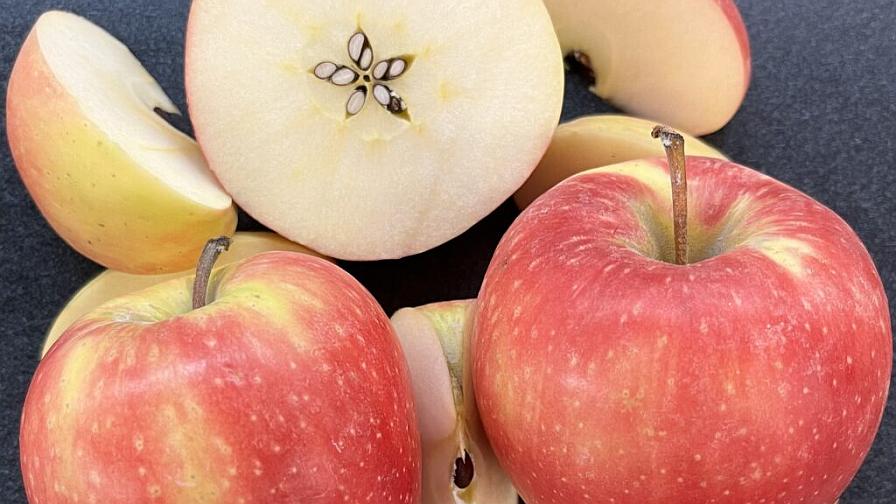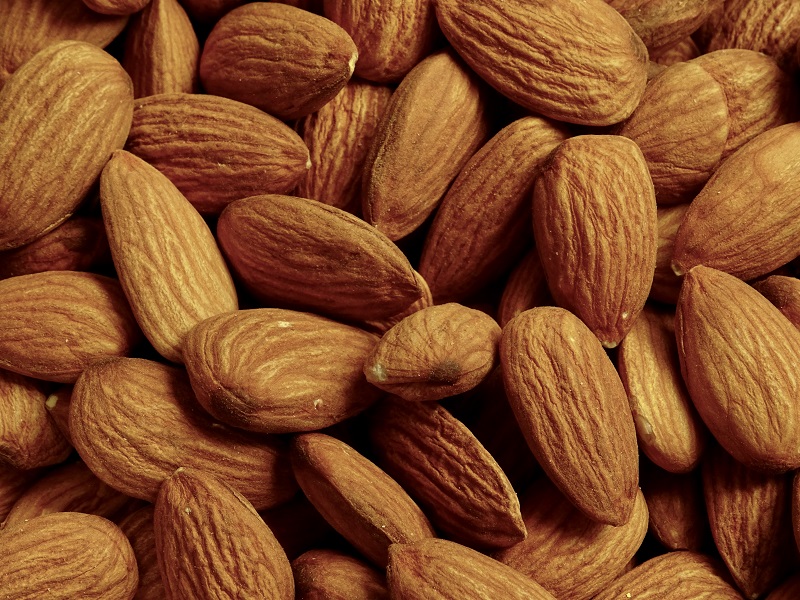Who Owns and Controls Farm Data? You Might Want To Read the Fine Print
With the rapid development of artificial intelligence, farm data might be more valuable than the crops growers produce. That’s because farmers can make money from their data when companies use it for other purposes, says a University of Florida scientist.
The key for producers is to take ownership of their data. To do so, they might have to read the fine print in the contracts with the ag firms.
“Once farmers own their original data, and give their consent for any access, disclosure or use, they can receive long-term income of their data harvest,” says Ziwen Yu, a UF/IFAS Assistant Professor of agricultural and biological engineering.
Yu co-authored a new UF/IFAS Extension document that describes who owns farm-generated data. Other authors of the document include UF/IFAS colleagues Albert De Vries and Yiannis Ampatzidis.
“Farmers’ primary reservation about embracing data-driven technologies stems from their concerns that they might lose ownership and control of their data from which agriculture technology providers derive high-value products,” Yu says. “The most important aspect is to understand the new role they will play in the next era and the associated rights and obligation for all entities in the industry. The bottom line for this evolution is whoever owns the data — in this case, farmers — can claim the exclusive right to license access and use of data by others.”
In contracts, all entities related to such data may claim ownership of the information, Yu adds. Ultimately, ag-tech firms usually earn the lion’s share of the money from the data by using it for other purposes, including smart devices and their services, upgrades for existing products and data transactions.
In the report, Yu draws a pyramid to describe how farm data are used.
At the bottom are environmental facts – raw data like how much water farmers uses to irrigate their crops. Next up are agricultural operation data – the information a grower uses to more efficiently run the farm. At the top of the pyramid, you see “business data.” Agricultural technology companies use this data to make money.
For more, continue reading at News.ifas.ufl.edu.









